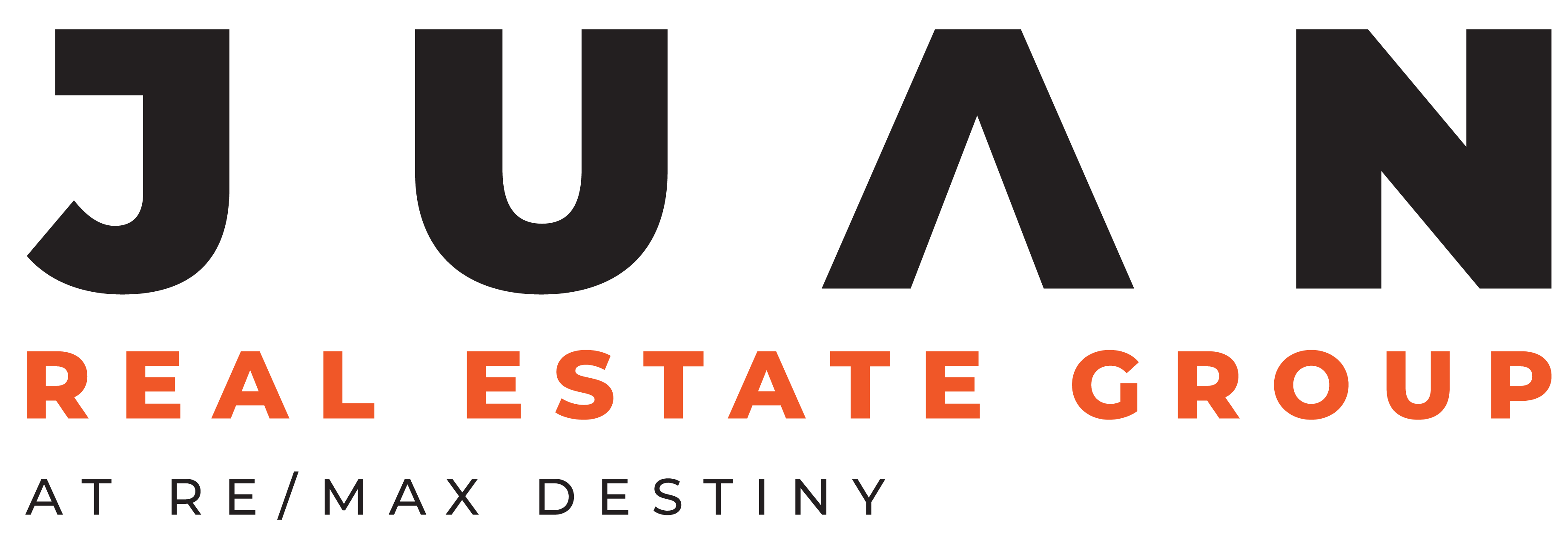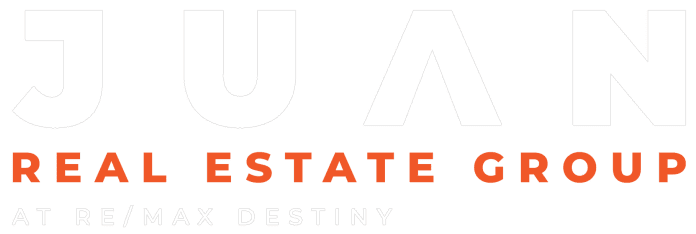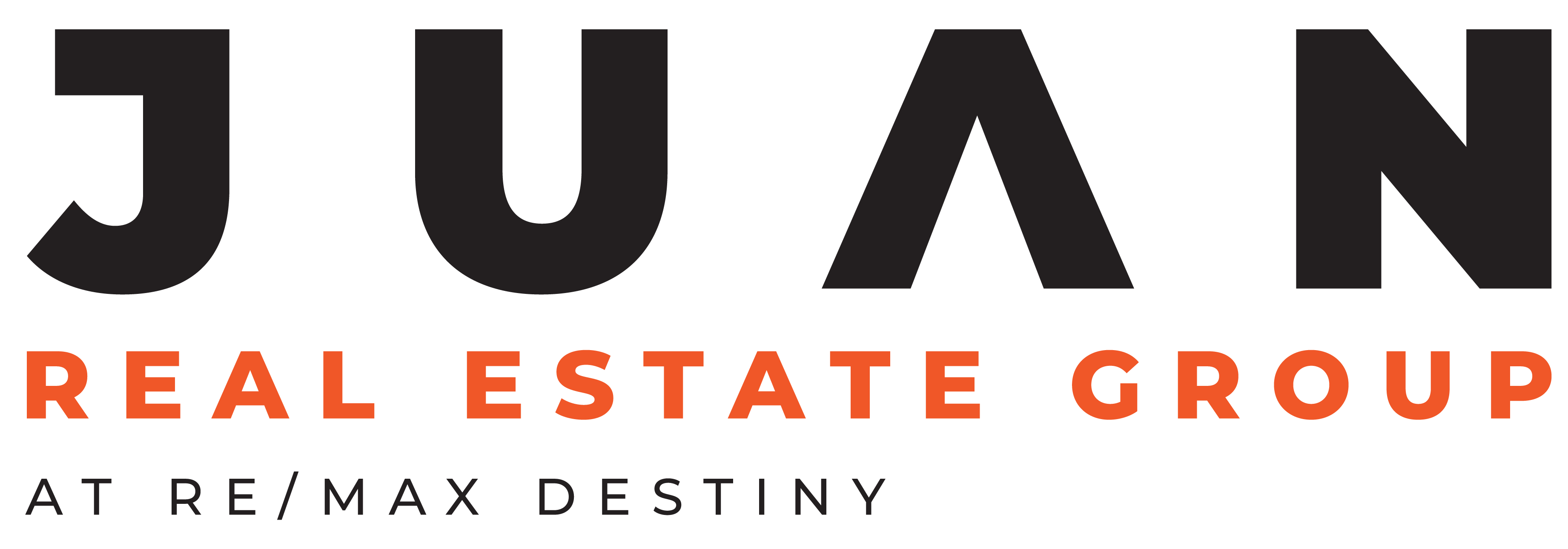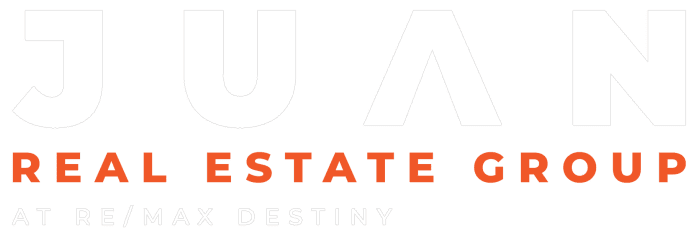Pricing Your Home Right in Spring 2025: What You Need to Know
Spring in Boston is often the season when home sales really pick up. If you’re considering selling your home this spring, you’re definitely in good company. But with all the activity, there’s one question that’s likely on your mind: How do I price my home right?
Getting the price just right is crucial. Price it too high, and you risk turning potential buyers away. Price it too low, and you could end up missing out on money that could have been yours. Let’s break down how to find that sweet spot where your home sells quickly and at a price that feels fair.
Understand the Current Market
First, let’s take a look at what’s going on in the Boston housing market this spring. Interest rates are still a key factor. While they've seen a slight decrease from last year’s peaks, they remain relatively elevated. Buyers are cautious but still active, with many looking to secure a home before rates climb again.
Inventory levels are also significant. If inventory is tight, you might have a little more leeway.
Another important aspect this spring is the economic landscape, particularly concerning inflation and tariffs. For homeowners, buyers, and real estate professionals in Boston, understanding how these economic factors influence market conditions is essential.
The Role of Seasonality
Spring isn’t just a busy time for buyers; it’s when many sellers also enter the market. Homes often look their best with blooming flowers and clear skies, which can lead to increased competition. Getting your pricing right from the get-go is key to gaining an edge.
Remember that buyers can be more emotionally driven during this season, picturing summer barbecues and family gatherings in their new homes. Make sure your home is in top shape for showings to capitalize on this emotional pull.
Get a Comparative Market Analysis (CMA)
A Comparative Market Analysis, or CMA, is a powerful tool for evaluating your home’s worth. By examining recent sales of similar homes in your neighborhood—factoring in aspects like size, condition, age, and any upgrades—you can get a clearer picture of your property's value.
It’s important to note that homes sold six months ago may not reflect the current market trends. With the arrival of spring, new buyers and shifts in demand can change the landscape. So, ensure your agent is pulling the latest data. If you need an accurate CMA, just reach out for the latest market insights.
Think Like a Buyer
This can be a tough one, but it’s essential to see your home through the eyes of a potential buyer. You might love the custom backsplash in your kitchen or the cozy reading nook you built, but will others value those features the same way?
Buyers often compare multiple homes, and they’re looking for value. If a similar property nearby has a modernized bathroom and yours doesn’t, it could be wise to price yours slightly lower to attract interest.
Don’t Overprice “Just to See”
It’s tempting to set a high price and hope buyers will negotiate down, but that can backfire. Overpriced homes tend to linger on the market, leading potential buyers to wonder what’s wrong. If you’re not seeing interest in the first couple of weeks, it might be time to reconsider your pricing strategy. We can keep an eye on feedback from showings to see if buyers are hesitant due to the price.
Factor in Your Goals
What’s your priority? Are you looking for a quick sale to jump into your next home, or are you willing to wait for the best offer? Your pricing strategy should reflect your goals.
If you want a fast sale, pricing slightly below market value can create interest and possibly spark a bidding war. But if you’re not in a rush, you might have the flexibility to price higher and negotiate later.
Consider Recent Upgrades and Repairs
If you’ve recently updated your kitchen, added a deck, or made roof repairs, these improvements can enhance your home’s value. However, not all upgrades provide the same return on investment. Generally, kitchen and bathroom remodels yield better returns. Make sure your agent considers these factors when determining your price.
On the flip side, if your home has outdated features or requires repairs, buyers may expect a lower price. Taking care of minor repairs and touch-ups before listing can help avoid lowball offers.
Monitor Neighborhood Trends
Keep an eye on your neighborhood’s market activity. Are homes selling quickly? Are there multiple offers? Or are properties sitting for weeks with price cuts?
We can help you analyze these trends to decide whether to price your home at the higher or lower end of your range.
Be Prepared to Negotiate
Stay calm and flexible, and work with your agent to find a middle ground. A well-negotiated sale benefits everyone involved.
Stay Flexible
Despite all your planning, the market can change. A nearby home might drop its price, or you could see a sudden increase in buyer interest. Be open to adjusting your price if necessary.
Your agent is your best ally for keeping track of trends and advising you on any adjustments that could help your home sell more quickly.
Final Thoughts
Pricing your home isn’t an exact science, but it doesn’t have to be a guessing game either. By understanding the current market conditions, thinking like a buyer, and collaborating with a knowledgeable agent, you can confidently set a price that works for you.
If you’re ready to take the next step, feel free to reach out for a personalized pricing strategy tailored to your home and your unique goals.
Thinking about selling your home?
Get in touch. We'll guide you through every step of the process to ensure a smooth transaction that meets your goals.




